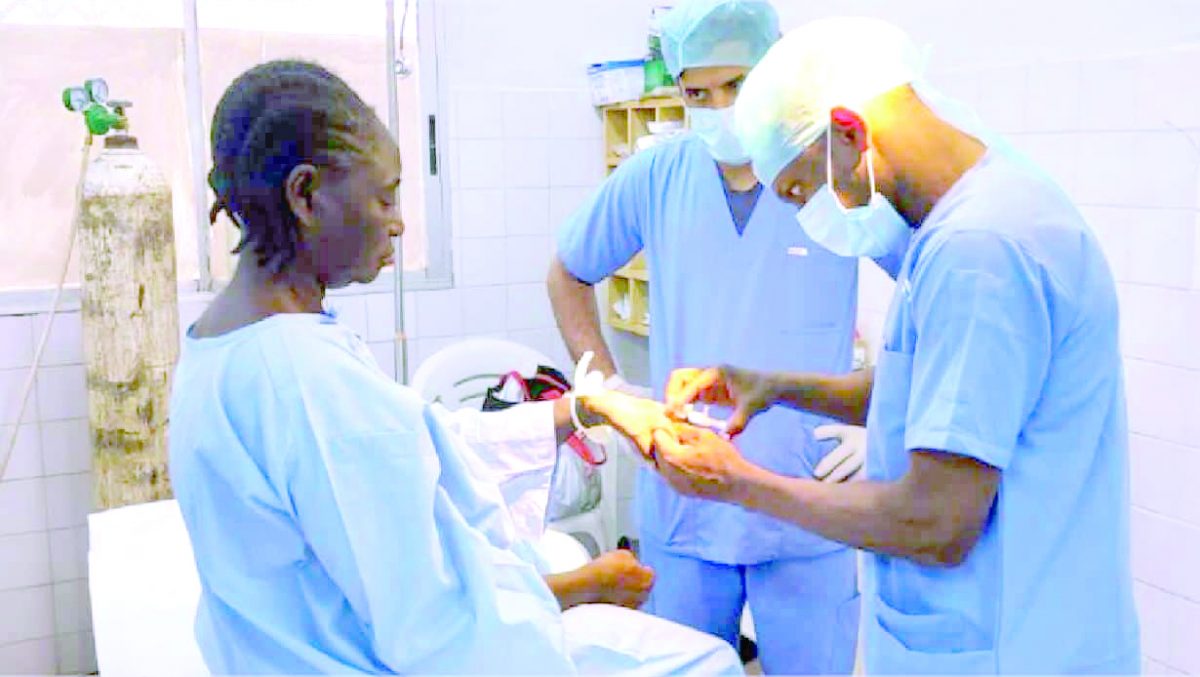Majority women prefer CS section birth, survey finds

Majority of Kenyan women now prefer caesarean section deliveries, according to the latest national economic survey, which also notes that other methods of giving birth are declining.
The Economic Survey Report 2023 – released by the Kenya National Bureau of Statistics on Wednesday – further indicates that more women are now opting to deliver in healthcare facilities. Once again this underlines the impact of Jubilee Government’s Linda Mama, the free maternity programme launched in 2016.
“The number of deliveries in health facilities increased from 1,243.1 thousand in 2021 to 1,249.9 thousand in 2022,” the Survey indicated.
Of these numbers, more were captured in women seeking Caesarean Section deliveries with the Survey showing that there has been a steady increase over time.
“The number of deliveries through Caesarean section rose by 4.8 per cent to 211,227 in 2022,” the survey indicated, while that of assisted vaginal deliveries decreased by 30.8 per cent to 4,931 and breech deliveries also on a downward trend by 3.1 per cent to 9,395 in 2022.
Amniotic fluid
A breech pregnancy occurs if the uterus has too much or too little amniotic fluid, meaning the baby has extra room to move around in or not enough fluid to move around in.
Normal deliveries, the survey shows, declined slightly from 1,024.8 thousand in 2021 to 1,024.4 thousand, accounting for 82.0 per cent of total deliveries in 2022.
The CS deliveries rose to 189,119 in 2020 from 171,856 in 2019 and 155,191 in 2018.
A study released in January which sought to know why there was low uptake of assisted vaginal deliveries during emergencies found out that at least 10 per cent of the CS section deliveries were unnecessary, whereas assisted vaginal births would have been successful.
The study was conducted in eight deliberately selected hospitals in Kenya in 2020, where 630 emergency CS cases were analysed and medics interviewed.
“The number of cases suggests that women are undergoing unnecessary SSCS (second stage caesarean sections),” the report said.
Maternal fatigue
Either emergency CS or assisted vaginal birth is recommended when there is maternal fatigue, maternal medical indications, suspected fetal hypoxia (fetus being deprived of oxygen) or prolonged second-stage labour.
In this latest survey, the total number of health facilities increased by 2.2 per cent to 16,517 in 2022, mainly attributed to the increase in the number of Level 3 facilities.
“In 2022, Level 2 and Level 3 facilities accounted for 77.6 percent and 16.4 per cent of the total facilities, respectively,” indicated the Survey which also showed that primary care hospitals increased by 68 facilities to 958 accounting for 5.8 per cent of the total facilities in 2022.
It also showed that secondary care hospitals increased by 2 facilities while the tertiary referral hospitals remained the same at 6 facilities in 2022. It indicated that the government was the main owner of the primary care, secondary care and tertiary referral hospitals during the period under review.
“The number of hospital beds was slightly higher in private hospitals than public hospitals in 2022,” the Survey showed, also highlighting that diseases of the respiratory system accounted for the highest disease caseload at 19.5 per cent followed by malaria at 11.7 per cent in 2022.
At the same time, in the period under review, the number of hospital beds rose by 5.0 percent to 94,925 while the number of hospital cots increased by 4.7 per cent to 10,306 in 2022. The number of hospital beds in private hospitals surpassed the number in public hospitals in the review period, the report by KNBS stated.












